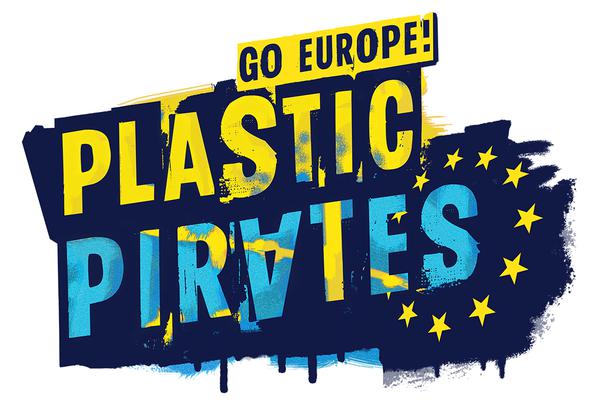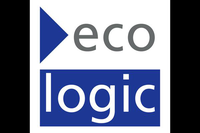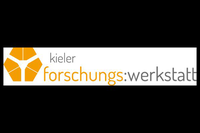Plastic Pirates – Go Europe!
from 01/06/2016 until 31/03/2024
Water makes up nearly two-thirds of the earth’s surface, and seas and the ocean have an enormous impact on the stability of our climate. Due to their diversity, bodies of water around the globe are a unique habitat for flora and fauna. If you live inland, far from the nearest sea, you may be asking yourselves what this all has to do with you? A lot! It may start with small rivers further inland that connect to other rivers, but they eventually reach the sea. Need an example? The Danube, Europe’s longest river, flows through a total of ten different countries before reaching the Black Sea after traversing some 2,850 kilometres. Unfortunately, it’s not just ships, fish and plant remains that make their way to the sea via rivers. Different types of plastic waste as well – particles hardly visible to the human eye as well as yogurt pots or entire plastic bags in equal measure – ultimately find their way to the ocean. The task In 2020, ‘capturing’ this waste on the riverbanks and near bodies of water becomes the Europe-wide task of the Plastic Pirates. By collecting plastic waste and uploading data on the amount of waste found, you – together with your school class or extracurricular youth group – can help conduct research on the pollution of bodies of water. You will use a range of methods to understand the pollution by waste in and around the river and to record your findings. The project booklet contains specific instructions for each method. You split into sub-groups, as different groups will tackle different aspects of the study. Uniform experimental guidelines and working steps for all teams which participate ensure that, throughout Europe, the data collected is comparable and will become visible step by step on an online map. On the one hand, the joint campaign of the ministries of education, science and research of the three countries is intended to raise awareness throughout Europe for the importance of rivers as common lifelines, as well as for protecting our natural resources. On the other hand, the campaign aims to emphasize the importance of international research collaboration.
Aim
The fascination for the ocean and rivers together with their importance as a guarantor of species diversity knows no bounds. But plastic pollution on beaches and riverbanks in Europe also does not stop at man-made borders. For this reason, avoiding micro- and macroplastics in the environment, a scientific approach to this challenge and researching sustainable materials are tasks that we Europeans must take on together.
The campaign was first developed as Plastic Pirates in Germany in 2016 by the Kieler Forschungswerkstatt and partners with funding from the BMBF for the Science Year 2016*17 - Seas and Oceans. In 2018 and 2019, the action was continued as part of the research focus "Plastic in the Environment"; in cooperation with Ecologic Institute.
During the German EU Presidency 2020, the campaign was extended to the countries of the Trio Presidency (Germany, Portugal and Slovenia) and implemented as a joint action of the Ministries of Education, Science and Research of these three countries in the period from 2020 to 2021. Since July 2022, the action is being extended to the whole of Europe with the support of the European Commission. The Europeanisation of the citizen science initiative Plastic Pirates is funded by the European Commission's Framework Programme for Research - Horizon Europe - in the area of the "Mission Restore our Ocean and Waters by 2030". From 2022 to 2024, coordinated and synchronized "Plastic Pirates" samplings will take place across Europe.
The fight against pollution from plastic waste, for cleaner water and for preserving natural resources for future generations in a united Europe can only be a success if we – the citizens – actively support joint political initiatives in the places we live.
Needed equipment
Depending on the weather conditions and the terrain where the plastic waste is collected, participants first need appropriate clothing and, in particular, sturdy shoes. A sampling net for the campaign can be borrowed for free. Additional equipment that is necessary for the tasks of the different groups is listed in the project booklet, which can be downloaded for free via the projects website.
About branding
Profile image design by: © BMBF/Plastic Pirates – Go Europe!
Logo design by: © BMBF/Plastic Pirates – Go Europe!
Created Oct. 5, 2020, 10:46 a.m.
Updated Sept. 12, 2023, 11:24 a.m.


